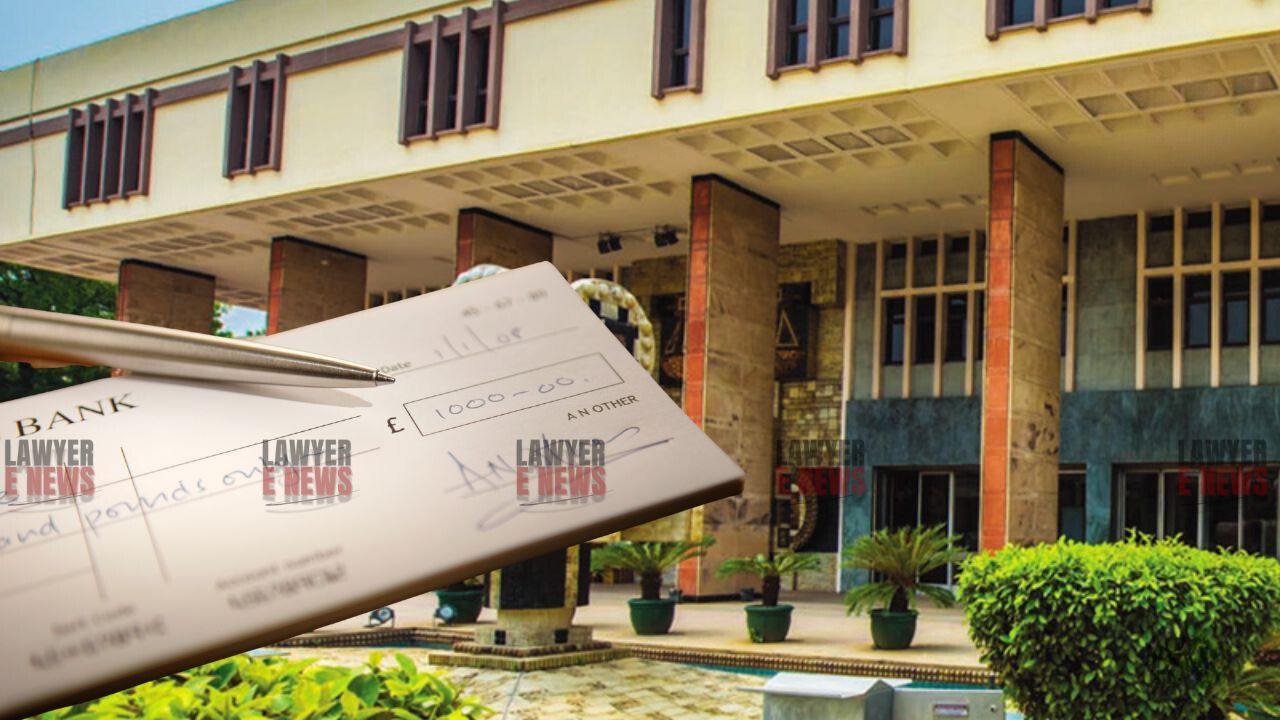-
by Admin
15 February 2026 5:35 AM



The Delhi High Court has quashed the summoning order issued against three directors of Brightstar Telecommunications India Ltd. in a cheque dishonour case, ruling that the complaint did not sufficiently demonstrate their involvement in the day-to-day affairs of the company. The court observed that merely holding a designation as a director is not enough to attract vicarious liability under Section 141 of the Negotiable Instruments Act, 1881.
The petitioners, Rajesh Madan, Harjeet Singh Kohli, and Geeta Mathur, were directors of Brightstar Telecommunications India Ltd. (BTIL) at various points between 2015 and 2017. BTIL had entered into transactions with M/s Good Marketing and Sales Pvt. Ltd., which eventually led to disputes and the dishonour of a security cheque provided by BTIL. The cheque was returned with the memo "Drawers signature not as per mandate." Despite their roles as Non-Executive Directors, the petitioners were summoned to appear before the court, leading them to file a petition under Section 482 of the Criminal Procedure Code to quash the summoning order.
The court emphasized that the complaint must clearly establish how each director was in charge of and responsible for the day-to-day operations of the company to impose vicarious liability. The petitioners argued that they were Non-Executive Directors, with no involvement in the daily conduct of BTIL's business, and that there were no specific allegations in the complaint detailing their role in the company's affairs.
Citing various precedents, the court reiterated that for directors to be held liable under Section 141 of the NI Act, the complaint must contain clear and specific allegations about their role and responsibilities. The mere holding of a title or office in the company does not automatically imply involvement in its operations. The court noted that the summoning order had been issued without proper application of mind, as the complaint did not satisfy these legal requirements.
The court observed that the petitioners' roles as Independent and Non-Executive Directors were adequately documented and that there were no specific averments in the complaint linking them to the daily management of the company. The court referred to the judgment in S.M.S. Pharmaceuticals Ltd. v. Neeta Bhalla, where it was held that liability under Section 141 arises only when it is shown that the director was responsible for the conduct of the company’s business at the relevant time.
The court also noted that there was no evidence presented to show that the petitioners had knowledge of or consented to the issuance of the cheque or were involved in the company’s financial decisions. The complaint's vague and general allegations were insufficient to establish the required legal grounds for their prosecution.
Justice Jyoti Singh stated, "Liability under Section 141 of the NI Act cannot be imposed on individuals merely on account of their positions as directors. There must be specific and concrete evidence showing their active role in the management and operations of the company at the time the offence was committed."
The Delhi High Court's decision to quash the summoning order underscores the need for specific and substantiated allegations when seeking to hold directors vicariously liable under the NI Act. This ruling reinforces the protection available to directors who do not participate in the day-to-day operations of the company, ensuring that criminal liability is not imposed without clear evidence of direct involvement in the alleged offence.
Date of Decision: 20th August 2024.
Rajesh Madan & Others v. M/S Good Marketing and Sales Pvt Ltd
